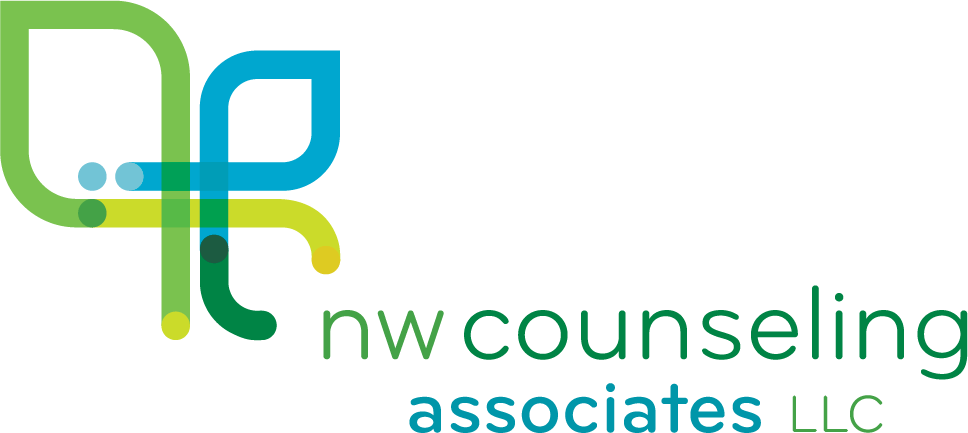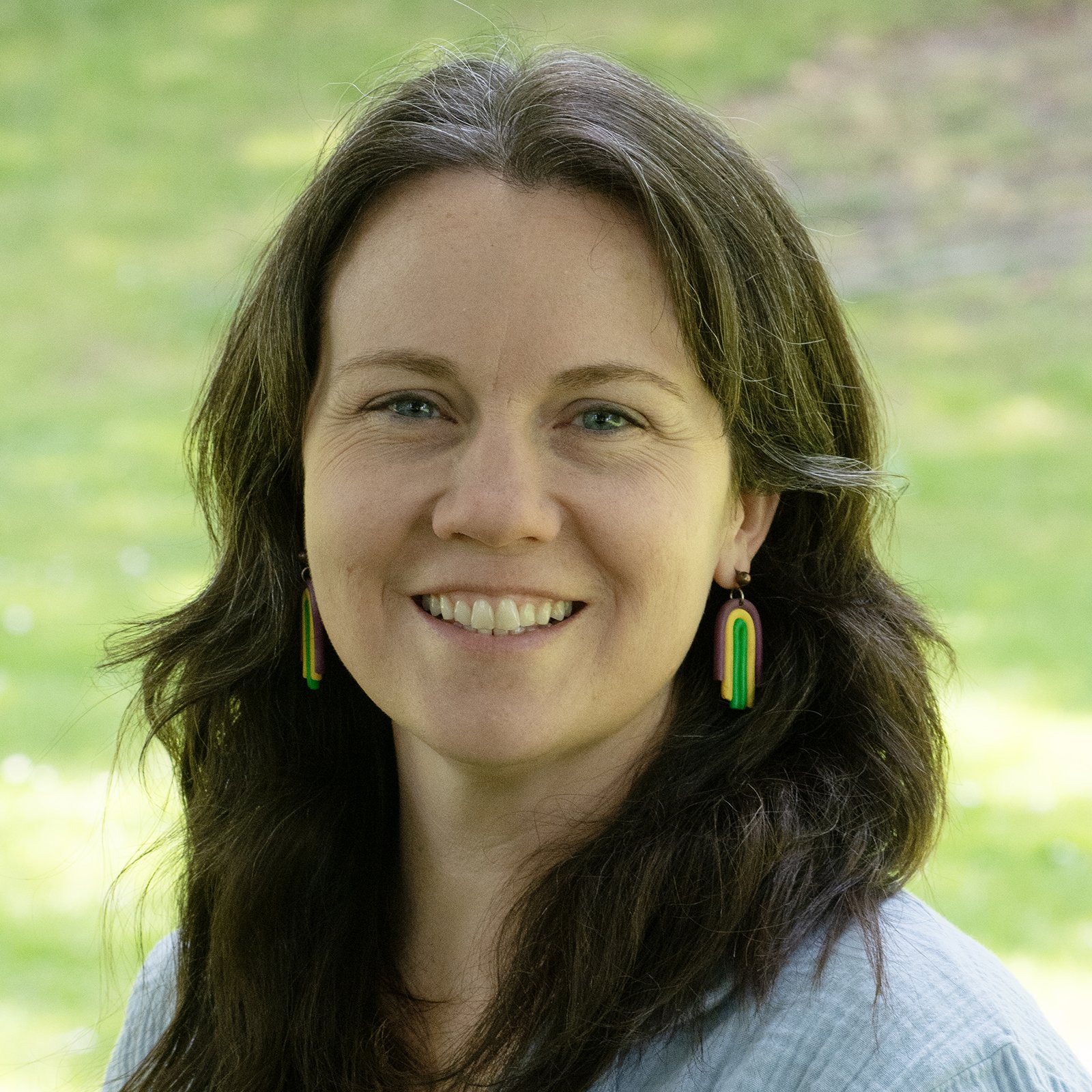Heather Rocha, MS, CRC
Professional Counseling Associate
Supervised by Heather Vliet, LPC
Scheduling: 503.444.8230
Hours: Tuesday-Thursday, 9:00am - 5:00pm
“My goal is to offer a space that feels welcoming and where every family member feels seen and supported. If you’re here, it means you care deeply. That more than enough to start!”
My Approach
I work with children, teens, and parents who are navigating challenges that are getting in the way emotionally, behaviorally, or relationally and want tools and insight that make a difference.
As a parent myself, I know how vulnerable it can feel to reach out for help when your child is struggling or when parenting feels overwhelming. Families can find themselves stuck in patterns—reacting to each other, feeling discouraged, or unsure how to move forward. Sometimes even when they’ve reached out for help, families may have been met with unhelpful responses or even with judgment or shame instead of support.
I believe that both children and parents want to do well. We all do the best we can with the skills and resources we have access to in the moment. And we all have the ability to learn and grow in new ways to respond to life’s stressors with more connection and confidence. That’s why I use a strengths-based, collaborative approach—one that honors your experience and builds on the abilities and values already present in your family.
Together, we’ll identify what matters most to you: your goals, your hopes, and why this work is important right now. From there, we’ll build tools and insight rooted in compassion, not criticism.
Ages:
2 years - young adulthood
Specialities:
Brainspotting
Somatic mindfulness
Acceptance and Commitment Therapy (ACT)
Collaborative Problem Solving
Caregiver-child relationship challenges
Anxiety, perfectionism, feeling “not good enough”
Family stress, transitions and loss (including divorce)
ADHD and other neurodivergent brain styles
Disability and navigating support systems
Early childhood emotional and behavioral development
FAQs
What can I expect if I come to see you?
First and foremost, I want you and your child to feel comfortable, respected, and at ease. We’ll begin by getting oriented to the space and to each other—taking time to look around and explore the room, settle in, and get curious together. This helps your nervous system recognize that this is a welcoming environment where you can relax and show up just as you are.
From there, we’ll play, talk, and explore to get a sense of what kind of support is a good fit. I use Collaborative Problem Solving as a basis for working with families, which means we work together to understand what matters most to each family member and what’s getting in the way. This approach helps families find solutions that everyone can agree on—win-win ways of moving forward that respect everyone’s needs and build cooperation.
Along the way, we may use body-based techniques like Brainspotting or other somatic tools to support regulation—especially helpful when talking isn't the best way to process. I love helping families build nervous system co-regulation skills to support connection and ability to engage in problem-solving. As a parent or caregiver, one of the most powerful things we can offer a child is to be the regulated nervous system in the room—modeling calm and providing a steady presence during challenging moments.
We’ll work together to create a toolkit of practices and resources that feel realistic and doable for your family and fits into your real life. Throughout our work, we’ll check in regularly and adjust as needed. I invite feedback and ongoing collaboration to keep our work aligned with what matters to you.
What is your experience with children and teens?
My two children are my greatest teachers. My experiences as a parent inspire my love of supporting other families and bring empathy and understanding to my work. I’ve worked with autistic, ADHD, and other neurodivergent teens, young adults, and their families. I’ve also worked with younger kids in preschool, childcare, and group education settings, which gives me a broad view of how kids grow and how families and support systems work together.
What ages do you work with?
I work with clients of all ages. With young children, it’s important to include parents or caregivers in sessions. This helps reassure the child and allows us to work together to support your child’s needs while ensuring the strategies we develop are realistic and effective for your family. I also take time to explain to younger children how therapy is different from going to the doctor or school, helping them feel more comfortable and engaged.
What if my teen doesn’t want me to participate?
In our first session, we’ll talk openly about confidentiality and how parent or caregiver involvement works. While I’ll respect your teen’s privacy and autonomy, we’ll discuss ways caregivers can support therapy goals outside of sessions, even if they’re not directly involved in every appointment.
Do you work with adults?
Yes! I enjoy supporting parents and caregivers, helping them navigate the challenges of parenting and family life with compassion and practical tools.

